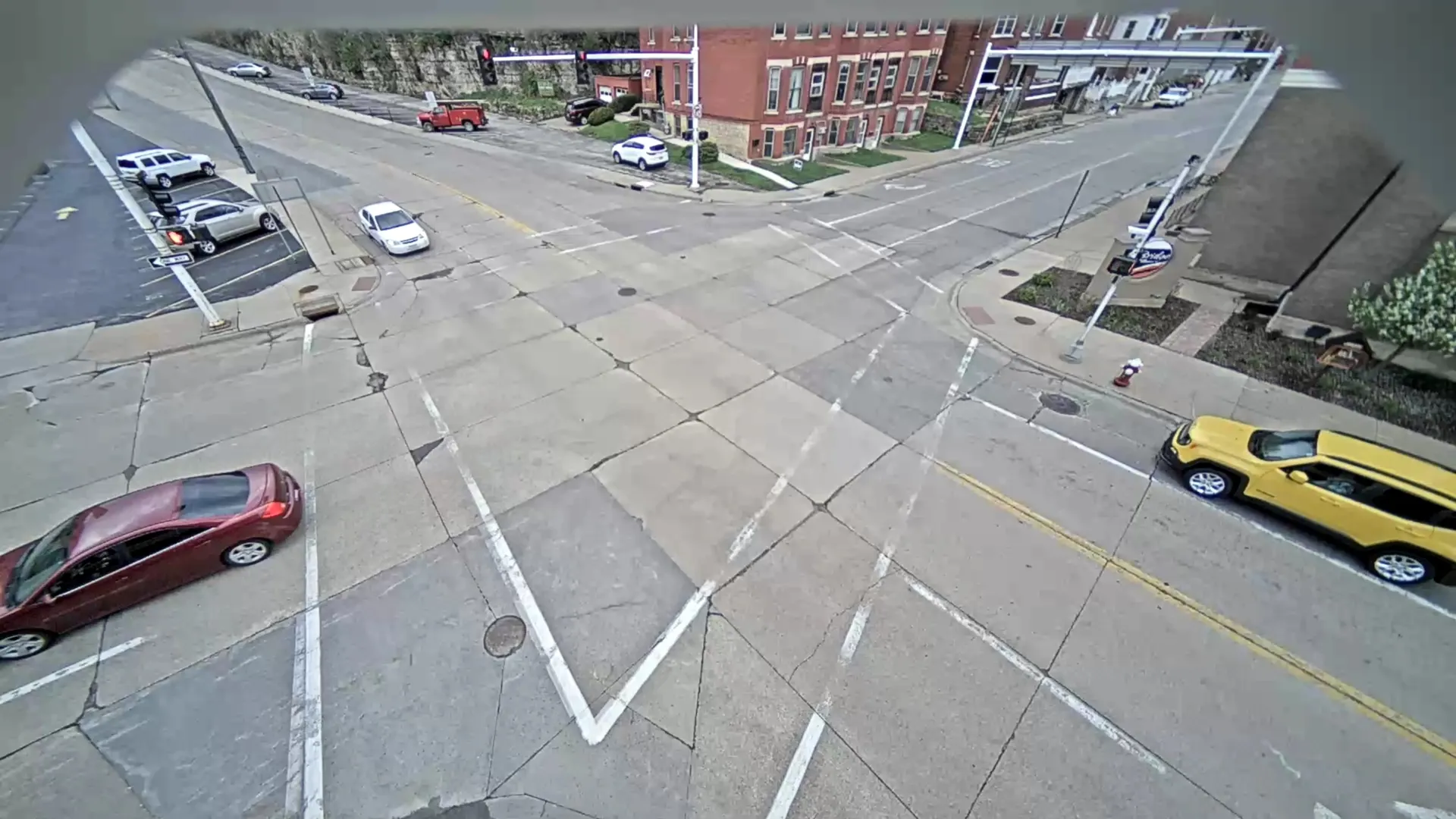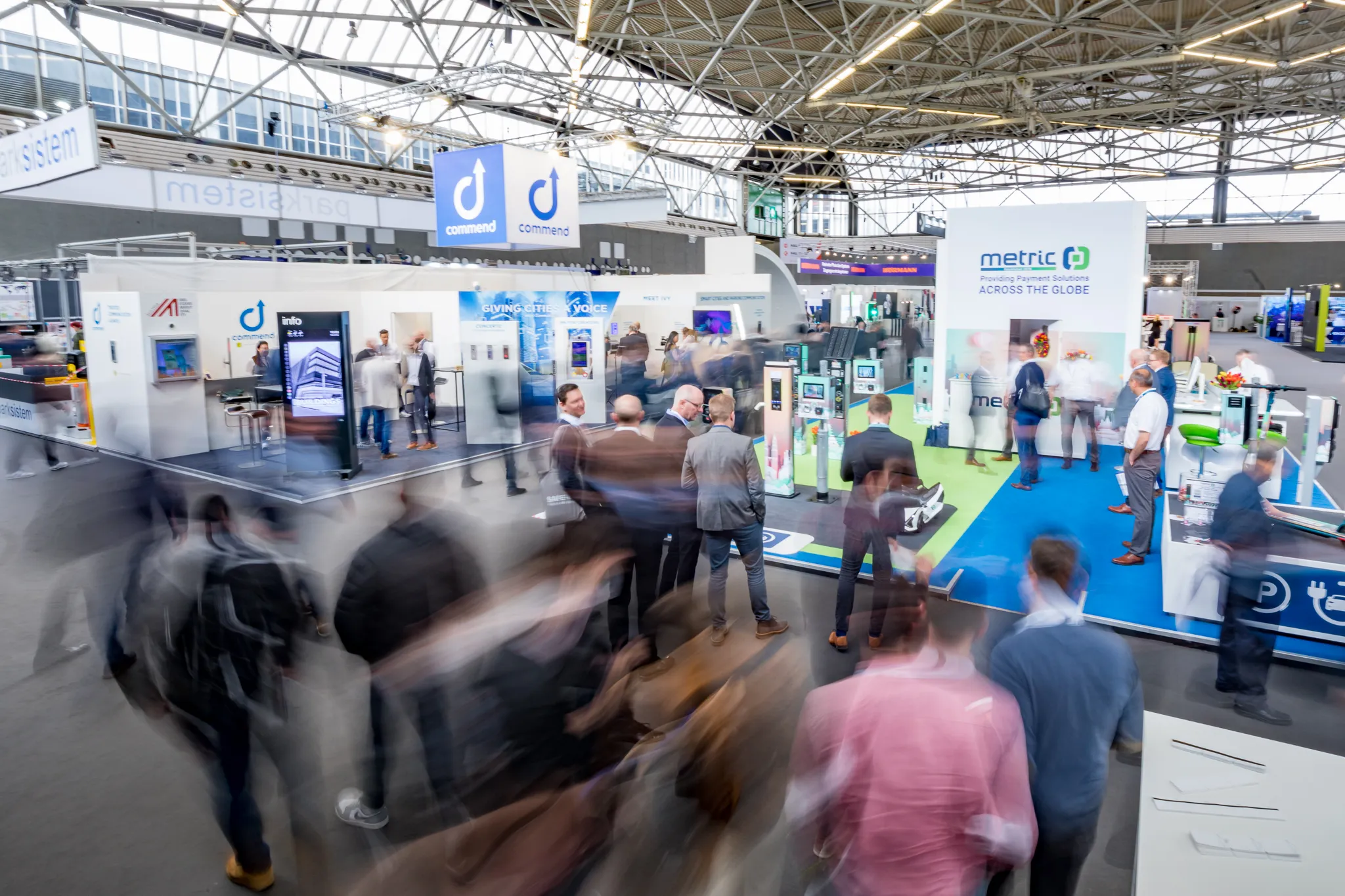
When covering large areas such as intersections, wide-lane highways and parking lots, reducing costs by installing fewer cameras requires the use of wide-angle lenses. Traditional ultra-wide angle lenses cause fisheye or barrel distortion, leading to curved and compressed images, which reduce resolution at the edges.
Similarly, systems that install fisheye lenses require costly and time-consuming software correction. These issues greatly limit object identification and recognition capabilities mandatory for ANPR, LPR and intelligent traffic systems.
Theia Technologies has developed a suite of rectilinear lenses that provide an ultra-wide field of view without barrel distortion or edge resolution loss. Unlike fisheye lenses, Theia’s patented Linear Optical Technology corrects distortion optically, eliminating the need for image correction software and avoiding associated processing delays.
By offering horizontal fields of view up to 135 degrees with very low distortion, Theia’s lenses allow for effective monitoring of intersections, parking lots and multiple lanes with fewer cameras. This leads to lower installation and maintenance costs while maintaining comprehensive coverage. Fewer cameras also mean reduced power, data processing, storage and bandwidth requirements, improving overall efficiency.
Theia’s ultra-wide lenses support real-time monitoring, crucial for traffic flow and congestion analysis, accident detection, and law enforcement. Their high-resolution, distortion-free imaging ensures accurate object detection and license plate recognition, enabling wide coverage from short working distances.
Modern traffic management and surveillance require high-performance, wide-angle lenses capable of delivering high-resolution images in real-time. Unlike fisheye lenses that introduce distortion and require software correction, Theia’s rectilinear lenses correct distortion optically, maintaining image clarity and reducing latency. With ultra-wide coverage and cost-effective implementation, Theia’s lenses offer a superior solution for a variety of ITS applications.

Content produced in association with Theia Technologies








